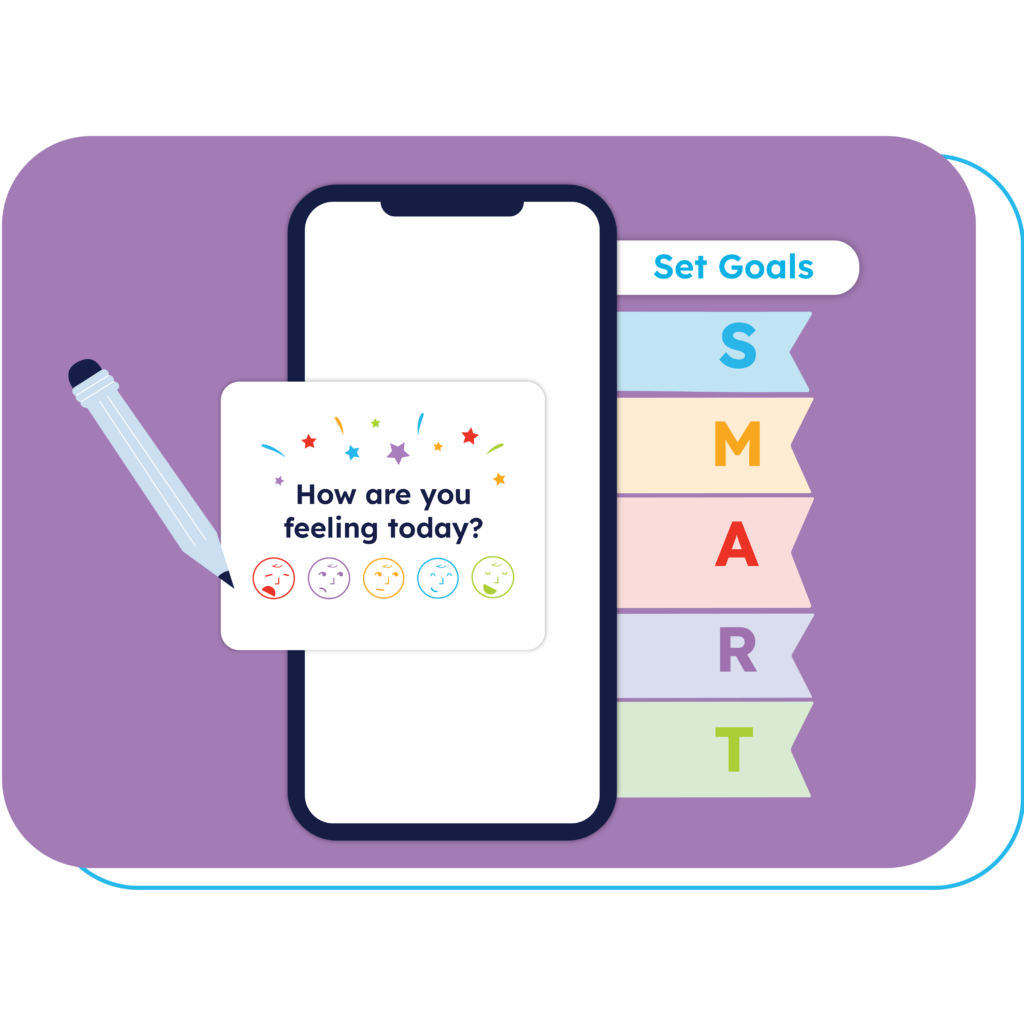
Back in the day, I wanted to keep a diary of all the cool stuff I was up to. I thought about keeping track of the food I ate, imagining that one day, I would look back on the gourmet experiences. I didn’t do it every day—just whenever something really stuck in my mind. I would jot down thoughts, observations, or ideas on gridded paper from the dollar store.
I started reading about our subconscious brain. You see, our brains have this secret side called the subconscious, which works behind the scenes without us even realising it. It’s like the backstage crew of our thoughts and feelings.
Turns out, giving this backstage brain some love can make a big difference. When we pay attention to it, such as through journaling or meditation, it becomes happier and calmer. And guess what? When our backstage brain is relaxed, we gain special abilities– – such as enhanced daytime focus and more serene sleep at night.
That’s when I turned to journaling – not only to preserve memories but also as a tool to unravel my thoughts and organise my plans. Journaling became my go-to strategy whenever I felt worked up or overwhelmed about anything. Pouring out my thoughts proved to be a therapeutic way to declutter my mind and gain clarity on what truly matters.
The world seemed much clearer.
You might be wondering, ‘How do I even start journaling?’ Well, let me show you some workflows and templates that I usually use.
Prompts
Goal Setting: List the top two things you are focusing on right now.
Feeling Emotional or Something Negative: Write down what happened without any judgements. Then, neutralise negativity with these steps:
- Remind yourself that thoughts can be tricky.
- Understand that feelings are reactions to those tricky thoughts.
- Remind yourself of the things you’re already doing for yourself—things that make you happy, like working out or reading for growth.
Reflecting for a Fresh Perspective: Journaling isn’t just about jotting things down. It’s like looking back at your life movie to see patterns and lessons. You can make changes to avoid getting stuck in the same old cycles. Plus, journaling helps you connect the dots between things happening in your life.
Gratitude: Think of something you have at the moment. It can be something you currently own, something around you. Then, express gratitude for these things.
Journaling doesn’t have to be an everyday task. Trust me, writing too much about your daily life can sometimes feel like a big weight on your shoulders. Instead, focus on moments that truly matter to you. I call this Trigger-Based Journaling— writing down anything that triggers you, or when you want to preserve a memory.
Remember, your journal is all about you, and you set the rules. Write whenever you want to. If you want to jot down just one sentence to sum up your day, that’s totally cool! Or if you don’t feel like writing at all, you don’t have to. There’s no “perfect time” to write or any specific way you should do it. It’s your call to decide:
- How much you want to write
- What tone your journal will have
- How you’ll format it
- When you’ll write in it
So, let’s embrace the art of journaling together and discover the amazing things it can do for us!






